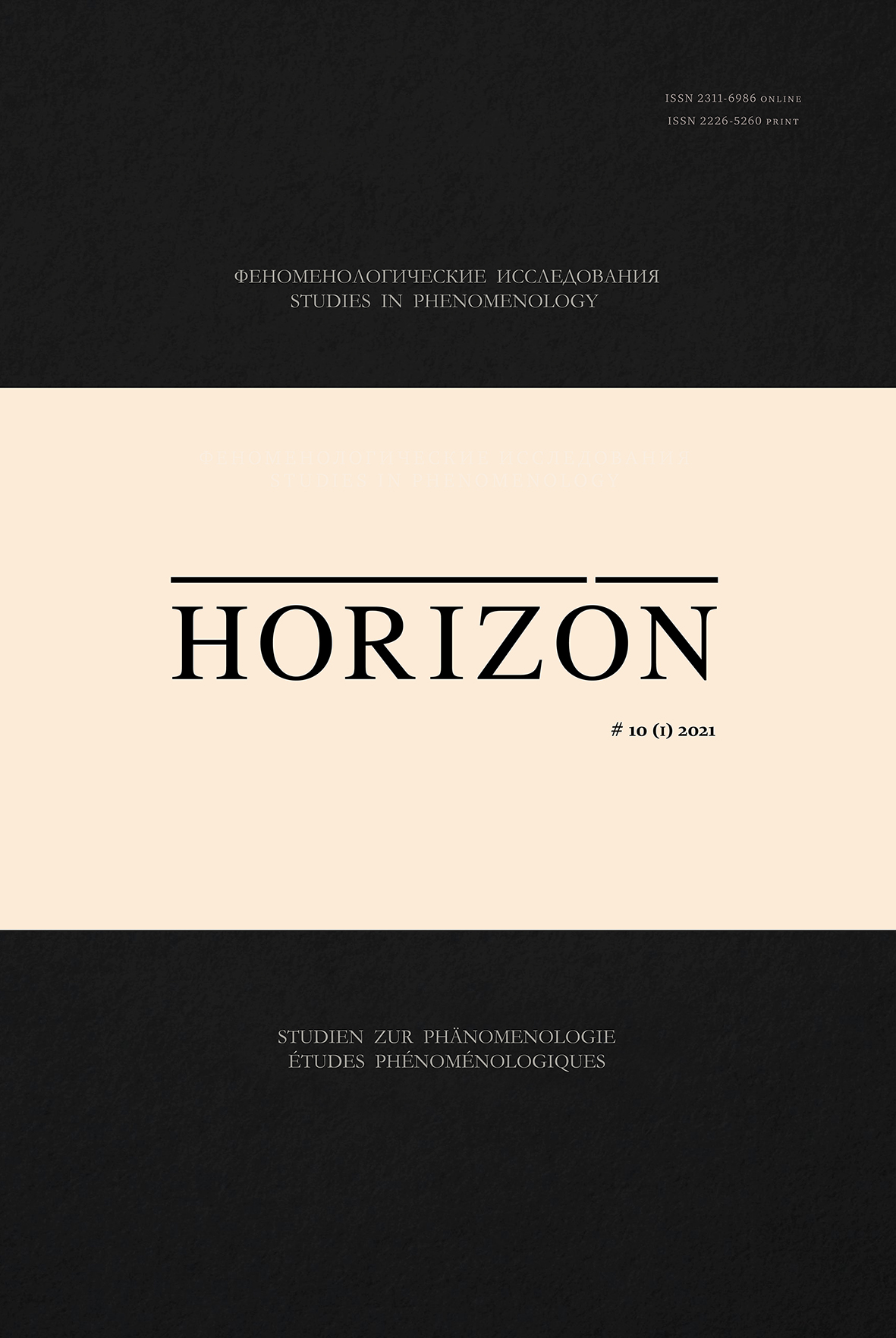Dialogic phenomenology of pain experience
Dialogic phenomenology of pain experience
Author(s): Vitaly LekhtsierSubject(s): Philosophy, Phenomenology
Published by: Издательство Санкт-Петербургского государственного университета
Keywords: phenomenology; eidetics; pain; intentionality; stratified experience; sensation; feeling.
Summary/Abstract: The review focuses on Saulius Geniusas’ book, The Phenomenology of Pain. In this study, Geniusas develops his own systematic phenomenology of the experience of pain, based primarily on the conceptualresources of Edmund Husserl’s phenomenology. In doing so, the philosopher formulates and successfully implements original methodological principles of “dialogical phenomenology.” Such a phenomenology consists of, on the one hand, strict phenomenological analysis of pain based on the methods ofepoché, phenomenological reduction and eidetic variation, and on the other hand, of actual and partlypolemical inclusion of phenomenological point of view in the ongoing discussion of pain in the socialand biological sciences. The author manages to do this by supplementing his eidetic analysis of the essence of pain experience with the method of “factual variations” and by appealing to the analytical optics of Husserl’s late genetic phenomenology. This way the book reflects—on strictly phenomenologicalgrounds—numerous findings from the sociology and biology of pain. The book relies on the traditionof phenomenological research, offers a conceptual reconstruction of the key dispute about pain thattook place in this tradition (between Franz Brentano and Carl Stump) and, in its turn, grounds thepositive sciences of pain in the direct evidence of experience itself.
Journal: Horizon. Феноменологические исследования
- Issue Year: 10/2021
- Issue No: 1
- Page Range: 328-341
- Page Count: 14
- Language: English
- Content File-PDF

